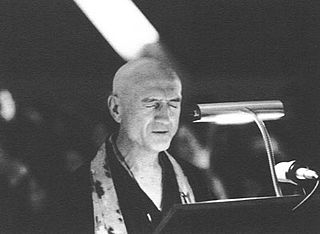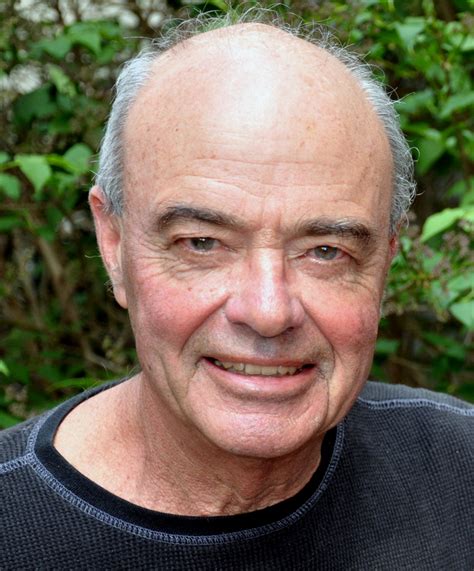A Quote by Ottessa Moshfegh
I want to say that what is cool about writing self-aware first person narrative is that the awareness is not necessarily the same awareness of the reader. I have a story coming out in the Paris Review and it's about a hipster. He think's he's self-aware, he's very introspective and analytical, but when you're reading it you can totally see through his self-analysis because you have a higher awareness than he does. I like playing with that too.
Quote Topics
Related Quotes
You are awareness. Awareness is another name for you. Since you are awareness there is no need to attain or cultivate it. All that you have to do is to give up being aware of other things, that is of the not-Self. If one gives up being aware of them then pure awareness alone remains, and that is the Self.
With self-awareness you grow more intelligent. In awareness you learn, in self-awareness you learn about yourself. Of course, you can only learn what you are not. To know what you are, you must go beyond the mind. Awareness is the point at which the mind reaches out beyond itself into reality. In awareness you seek not what pleases, but what is true.
"The first awareness of the child comes with his ego. He becomes aware of the "I", not of the Self. Really, he becomes aware first of the "thou". The child first becomes aware of his mother. Then, reflectively, he becomes aware of himself. First he becomes aware of objects around him. Then, by and by, he begins to feel that he is separate. This feeling of separation gives the feeling of ego, and because the child first becomes aware of the ego, ego becomes a covering on the Self. "
A man does not have to go and find where his eyes are in order to see. The heart is there, always open to you, if you care to enter it, always supporting your movements, although you may be unaware of it. It is perhaps more correct to say that the Self is the Heart. Really the Self is the centre and is everywhere aware of itself as the Heart or Self-awareness.
I don't want to write poems that are just really clear about how I'm aware of all the traps involved in writing poetry; I don't want to write fiction that's about the irresponsibility of writing fiction and I've thrown out a lot of writing that I think was ultimately tainted by that kind of self-awareness.
Mindfulness is a state wherein one is totally aware in any situation and so always able to respond appropriately. Yet one is aware of being aware. Mindlessness, on the other hand, or "no-mindness" as it has been called, is a condition of such complete absorption that there is not vestige of self-awareness.
What about self-awareness, the mysterious ability of the brain to reflect upon itself? Self-awareness can be tampered with by brainwashing, psychoactive drugs, electrical stimulation, political or religious propaganda, even advertising. A lifetime in front of a TV set may be the equivalent of a self transplant.
Simply put, meta-writing is writing that is self-conscious, self-reflective, and aware of itself as an artifice. The writer is aware she's writing, and she's aware there's a reader, which goes all the way back to Montaigne's often-used address "dear reader," or his brief introduction to Essais: "To the Reader." It can be done in a myriad of ways.
Sellars's "myth of Jones" is deployed against what Sellars calls "the myth of the categorial Given": the idea that to be aware of something is to be aware of it as something. This short circuit between "awareness of" and "awareness as" inhibits the project of self-understanding because it perpetuates the assumption that there is a point where being and knowing coincide.





































